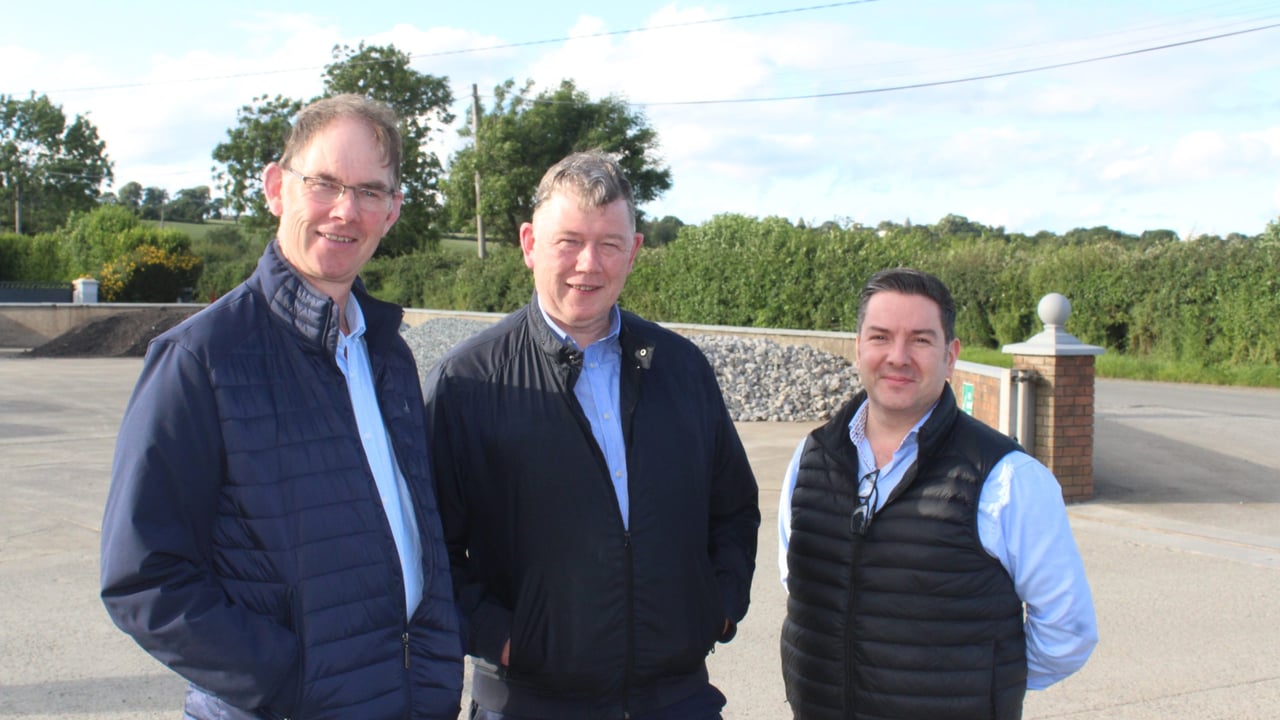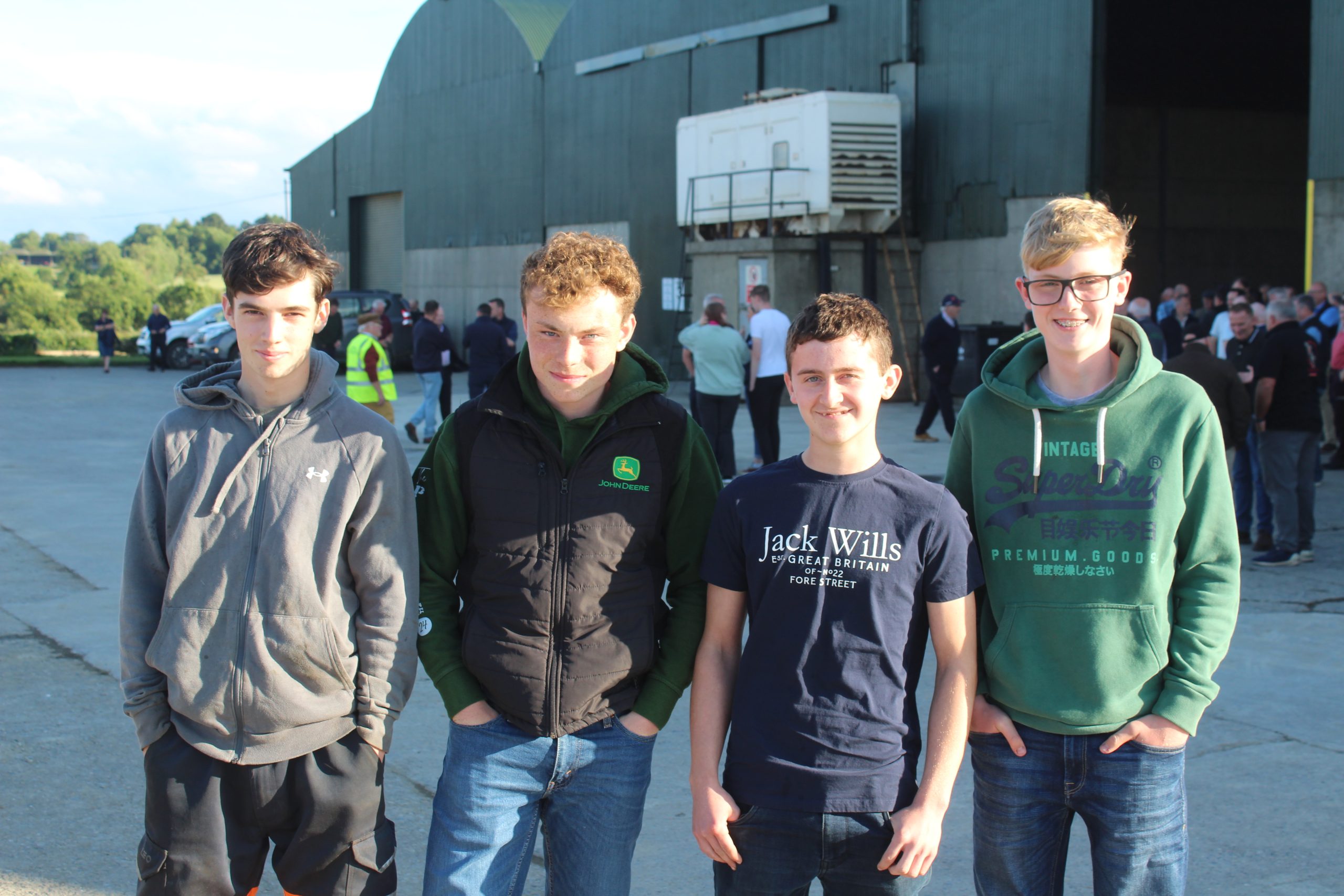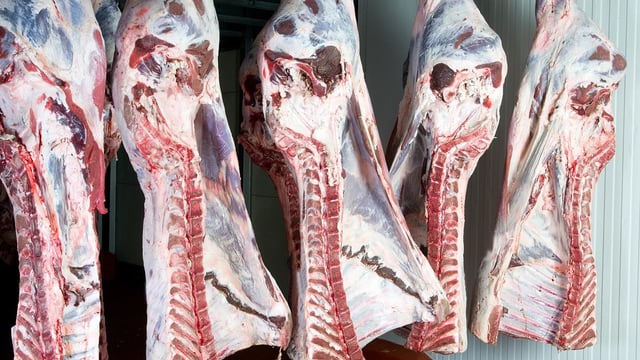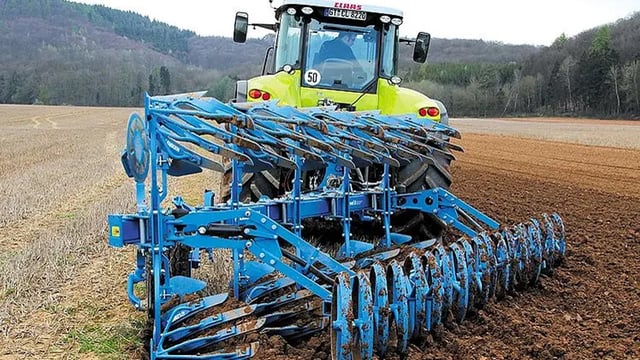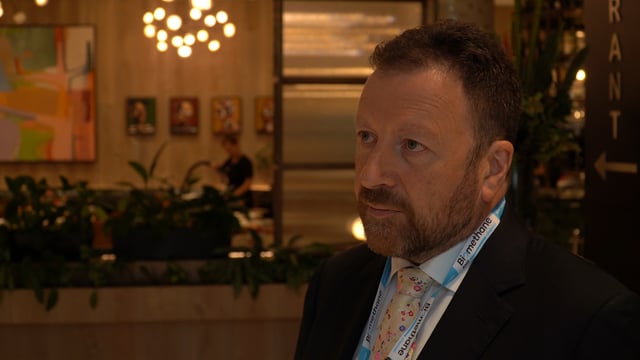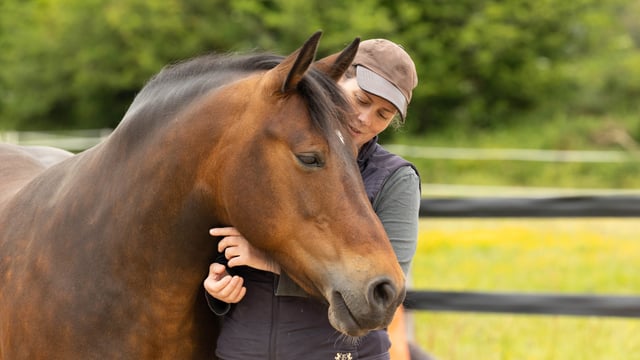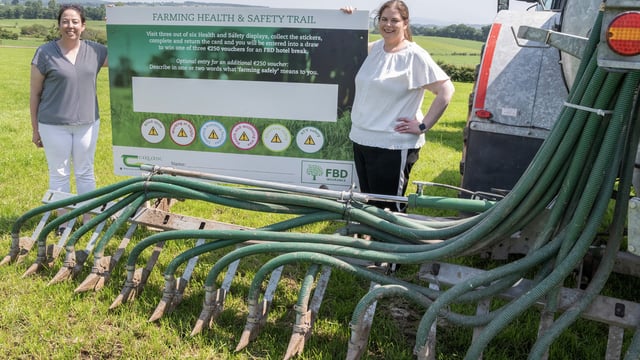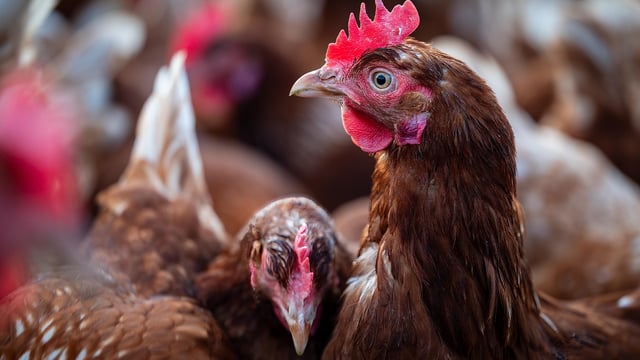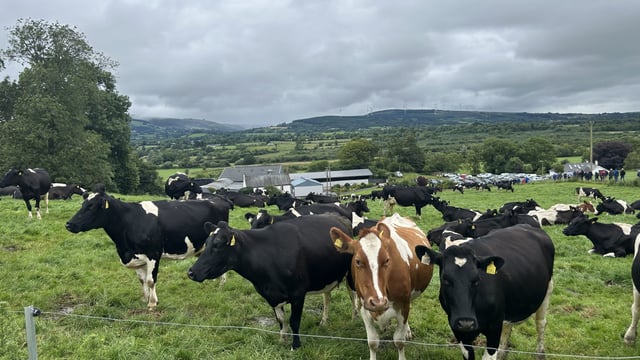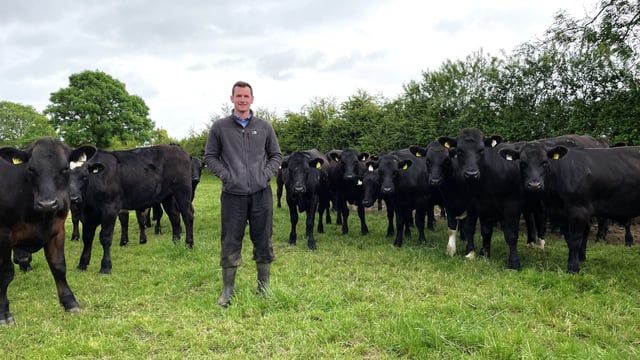McEntee: Strong CAP budget a 'clear objective' for govt
The securing of the strongest possible Common Agricultural Policy (CAP) budget is a key priority for the Irish government.
This was the key take-home message delivered by Minister for Education and Youth, Helen McEntee, at a meeting of Irish Grain Growers’ Group (IGGG) members, held in her Meath East constituency earlier this week.
Minister McEntee added: “The new CAP budget must have defined Pillar One and Pillar Two components. And the Irish government will be campaigning strongly with this clear objective in mind."
The minister also confirmed the key role that Ireland will play in the upcoming CAP reform process.
“We will be hosting the presidency of the European Union at a time when the CAP discussions reach their all important end point," she said.
“This will give agriculture minister, Martin Heydon, a unique opportunity to effectively communicate the needs of Irish farmers.”
Speaking in her capacity as education minister, McEntee confirmed the need to deliver more effective agricultural training opportunities at all levels.
She specifically highlighted her decision to actively support the teaching of agricultural science as a Leaving Cert subject.
IGGG chairperson James Kelly, also addressed the meeting, where he highlighted the impact of grain and oilseed imports on Irish tillage incomes.
According to Kelly: “Some 5 million tonnes of cereals and oilseeds were imported into Ireland last year, 70% of which came from countries outside the EU.
“A significant proportion of these imports were produced using pesticides that were previously banned in Europe.
“This is creating an uneven playing field for Irish tillage farmers.”
The IGGG representative referenced the 1% increase in Ireland’s 2024 tillage area.
“The figure includes the 20,000ha dedicated to forage maize, which should not be included as a tillage crop,” he explained.
“And the same principle holds where fodder beet is concerned. Both crops are harvested very late in the season at a time when serious damage to soils can be created.”
With regard to the current cropping year, Kelly confirmed that winter crops continue to look well and should yield accordingly.
“However, late sown spring cereals were quite badly affected by very dry weather conditions during the entire month of May,” he commented
A delegation from IGGG will meet officially with Minister for Agriculture, Food and the Marine, Martin Heydon, later in July to discuss their latest proposals to reform the tillage sector.
The organisation will publish its 2026 Budget submission over the coming weeks.

